Report: Anti-gay climate in Indonesia could be fueling HIV epidemic
Persecution by police has frightened many LGBTQ away from seeking the information they need to protect themselves

A new report by Human Rights Watch claims that the increase in anti-LGBTQ hostility, increased raids by police, and failure of the country’s political leaders has exacerbated Indonesia’s HIV epidemic, particularly among men who have sex with men.
The report, “Scared in Public and Now No Privacy,” details the country’s rightward shift on issues related to homosexuality, the escalation of government-sponsored raids and other anti-LGBTQ actions, and the health impacts on LGBTQ Indonesians, particularly those groups like MSM or transgender women, who are at higher risk of acquiring HIV.
Reports of raids of bathhouses, private house parties, or any space where LGBTQ people can congregate have been in the news headlines over the past few years. But a young man’s recent death due to HIV was heralded by the press as an example of how the country’s intense opposition to homosexuality is pernicious and detrimental to the fight to stop the virus from spreading.
According to the Associated Press, the 20-year-old died in the central Indonesian city of Yogyakarta earlier this year after he “effectively committed suicide” when he stopped taking his antiretroviral medication. AP reports that the young man had been disowned by his father and was not equipped to deal with the stigma of being an HIV-positive man in Indonesian society.
In its report, Human Rights Watch detailed the various aspects of the crackdown against homosexuality in Indonesia, which has been escalating since early 2016. Some politicians, eager to appease social conservatives, have rhetorically targeted sexual and gender minorities, casting them as a threat to Indonesian society.
Some government officials, including the attorney general, the national police chief, and President Joko “Jokowi” Widodo have defended LGBTQ rights and have even called for investigations to rout out anti-LGBTQ bias in policing. But hostile attitudes persist.
Widodo has not penalized any government officials who have fomented anti-LGBTQ discrimination. And though he has urged religious conservatives to “embrace and nurture” LGBTQ people, Religious Affairs Minister Lukman Hakim Saifuddin suggests that they do so by essentially proselytizing to them about religious teachings opposing homosexuality. In Aceh province, where Sharia law is enforced, two men were publicly caned last year after they were caught in a homosexual tryst.
Because of harassment from the police, and the nearly 300 LGBTQ people arrested last year solely because of their sexual orientation or gender identity, many of the bathhouses, clubs, or other places where LGBTQ people used to congregate have been shut down or are frequented less often. That means that the LGBTQ community has effectively been cut off one from places where they could receive health information, HIV prevention education, testing, and counseling. That, in turn, has thwarted efforts to reduce the spread of HIV.
The Human Rights Watch report interviewed 48 health workers, activists, and victims of the crackdown to provide accounts of how widespread the country’s anti-LGBTQ crackdown has spread and what it has wrought.
Even though a majority of new infections in the country are due to heterosexual transmission, MSM account for one-third of new infections. The epidemic among MSM is particularly worse in major urban centers, where nearly 1 in 3 MSM are HIV-positive.
Several HIV outreach workers have reported being less successful in their efforts to distribute condoms to at-risk populations like MSM, particularly since the closure of “hot spots” where people could get tested and receive HIV prevention education.
“Now instead of the clubs and saunas, we try to do basic outreach in public places that aren’t MSM-specific, and it’s not working,” said one Jakarta-based outreach worker. “Even if we can start a private conversation with a guy who is MSM, they won’t take condoms from us because other people could see it. I’m basically going out for a day or night of work, and coming back with all my condoms that I started with.”
Another outreach worker recounts that there is a larger trend of MSM distancing themselves from outreach workers for fear of being outed or associated with HIV, not surprising given the stigma that still exists around the disease. Unfortunately, the lack of prevention has led to more infections, and people delaying treatment before they seek help and are diagnosed.
A third outreach worker recounts that he has had trouble with his condom distribution efforts as well.
“Originally, I did monthly drops at nine parlors, now only six are open and only two of those six will take condoms from me,” he said. “They say they can’t risk the police coming and using condoms as evidence of gay prostitution.”
Human Rights Watch makes several recommendations in its report about how to solve this problem, calling on President Widodo to prioritize and endorse “more aggressive, evidence-based, and nondiscriminatory approaches to curbing the country’s HIV epidemic.” It encourages the Ministry of Health to ensure better training, employ effective and science-based prevention efforts, and to stop treating homosexuality and transgenderism like diseases.
The organization also calls on police to stop unlawful raids of LGBTQ-gathering places, make more of an effort to protect sexual and gender minorities from threats or attacks by militant Islamist groups, and to stop arresting and detaining people under the country’s anti-pornography law, which is often used arbitrarily to arrest LGBTQ people.
Human Rights Watch argues that all LGBTQ people in Indonesia should have the right to protection and security, the right to access the highest attainable standard of health, and the right to peaceful assembly, even when the government disagrees with their message.
“Indonesian authorities should ensure that LGBT people can exercise their right to peaceful assembly in safety and should hold accountable police officers who refuse to protect gatherings of LGBT people from attacks, regardless of whether the gatherings had prior police permission,” the report concludes.
Support Metro Weekly’s Journalism
These are challenging times for news organizations. And yet it’s crucial we stay active and provide vital resources and information to both our local readers and the world. So won’t you please take a moment and consider supporting Metro Weekly with a membership? For as little as $5 a month, you can help ensure Metro Weekly magazine and MetroWeekly.com remain free, viable resources as we provide the best, most diverse, culturally-resonant LGBTQ coverage in both the D.C. region and around the world. Memberships come with exclusive perks and discounts, your own personal digital delivery of each week’s magazine (and an archive), access to our Member's Lounge when it launches this fall, and exclusive members-only items like Metro Weekly Membership Mugs and Tote Bags! Check out all our membership levels here and please join us today!







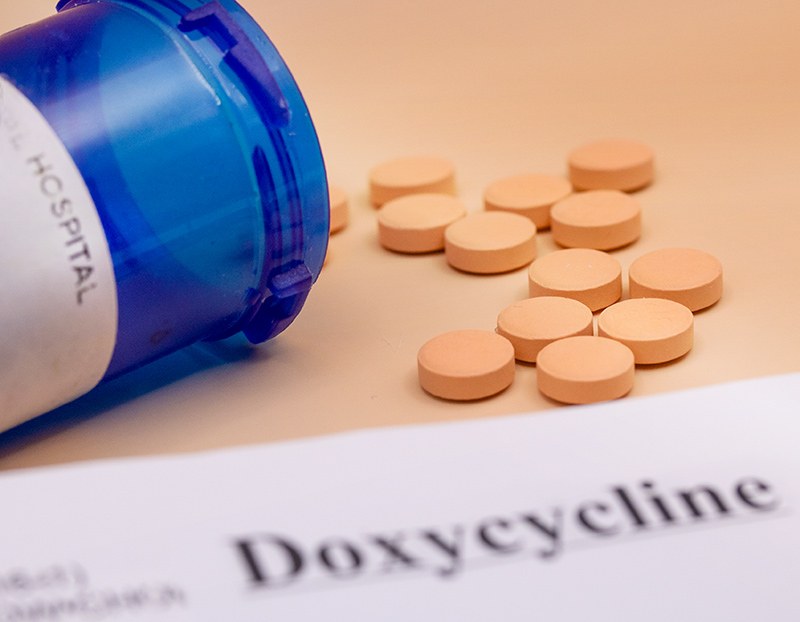
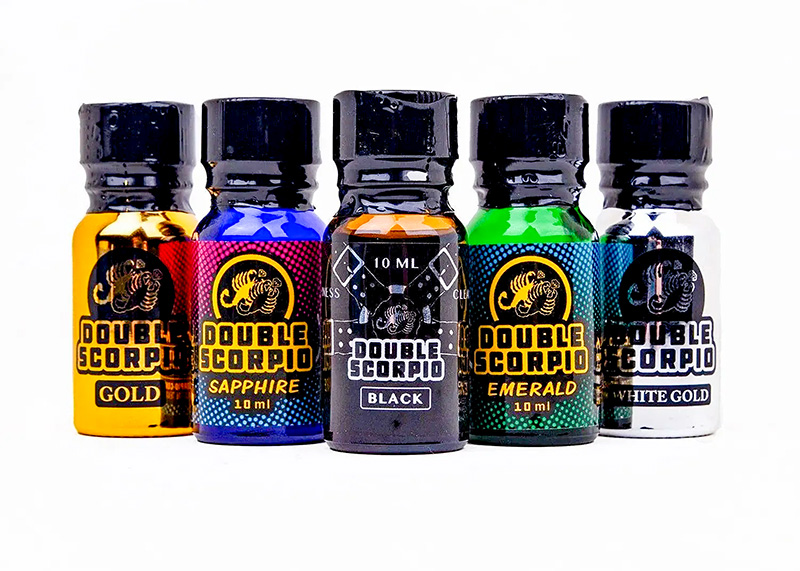












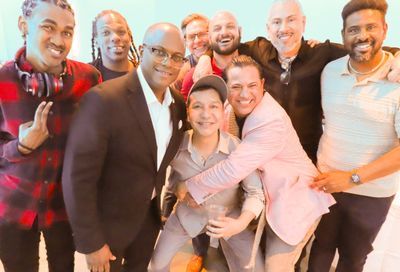
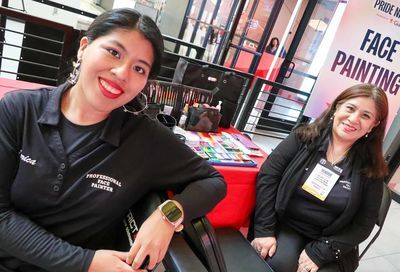
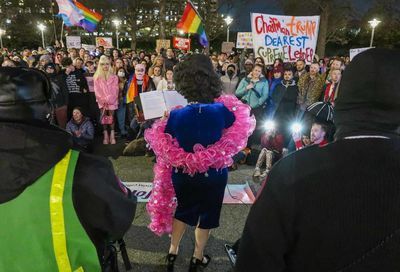
You must be logged in to post a comment.